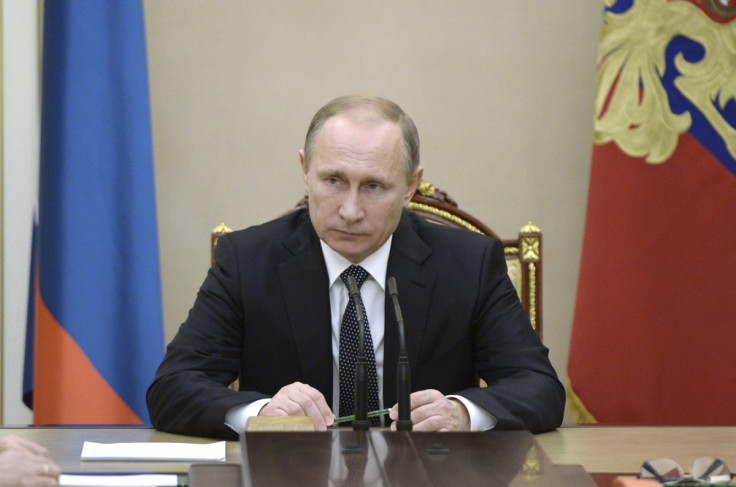Putin gives domestic court power to overturn international human rights rulings

Russia's Constitutional Court will be allowed to overturn European Court of Human Rights (ECHR) rulings if it deems them to be in violation of the country's constitution. The law signed by president Vladimir Putin will enable the court to decide whether or not to implement the decisions.
The move was designed to "thwart the ability of victims of human rights violations to find justice through international bodies when the Russian court system doesn't deliver it," according to Human Rights Watch (HRW). It gathered momentum after a ECHR ruling in 2014 which ordered Moscow to pay €1.9bn (£1.38bn $2.09bn) in compensation to shareholders of defunct oil company, Yukos. Following the decision, Russia's Constitutional Court was asked to clarify how ECHR decisions could be implemented if they do not adhere to the constitution.
The new bill was approved by the Russian parliament last week and signed into law by Putin on 14 December. Its aim was to "safeguard Russian legal sovereignty", bill co-sponsor and Communist party lawmaker Vasily Likhachev said last month.
Russia is a party to the Vienna Convention on the Law of Treaties, meaning that it cannot invoke the provisions of its internal law as justification for its failure to perform a treaty. "The bill wouldn't relieve the Russian government of its legal obligations to implement rulings of international human rights bodies established by international treaties," HRW noted. "Instead, it would bring much uncertainty and opacity to the domestic legal system, further hinder Russia's relations with its international partners, and delay justice even further for human rights victims."
According to the court's website, it "decides on conformity with the Constitution of agreements between bodies of state power of the Russian Federation and international treaties pending their entry into force."
© Copyright IBTimes 2025. All rights reserved.






















